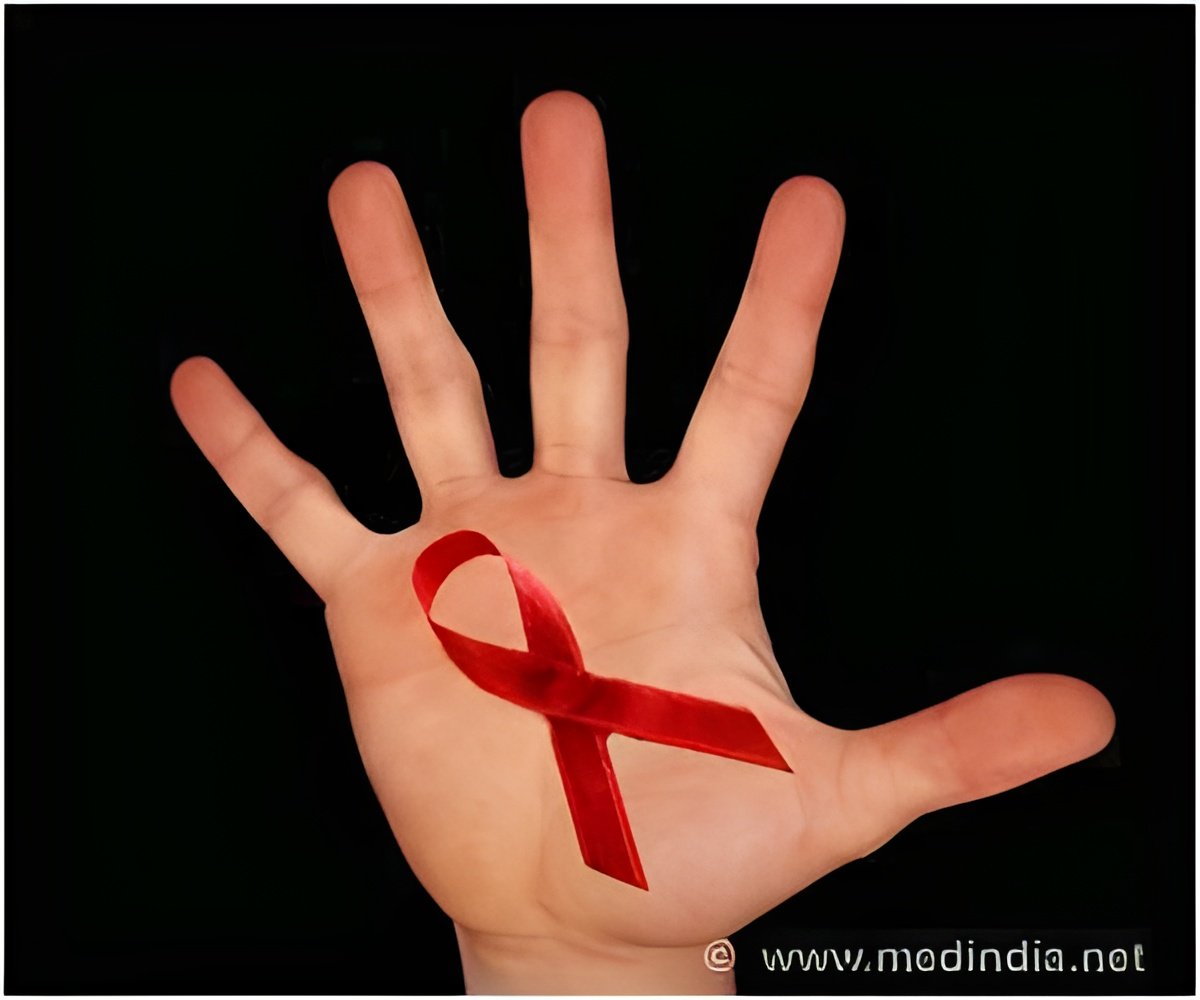A new study published in JAMA reveals that the rate of undiagnosed HIV infection among state prison entrants in North Carolina was less than 0.09 percent.

David Alain Wohl, M.D., of the University of North Carolina, Chapel Hill, and colleagues examined HIV prevalence among inmates entering a state prison system and the proportion known to state public health authorities as having previously tested HIV seropositive. Individuals were evaluated who entered the North Carolina Department of Public Safety (NC DPS) between June 2008 and April 2009. Testing entering inmates for HIV in North Carolina was voluntary; however, a state statute mandated screening for syphilis. Excess blood was batch tested for HIV antibodies. Before removing links to the inmate's HIV test result, identifiers were used to merge prison test results with the North Carolina Department of Health and Human Services (NC DHHS) HIV testing database.
During the study period, 23,373 inmates entered the NC DPS. Of these inmates, 22,134 (94.7 percent) had HIV testing performed on blood remaining after syphilis testing. Testing of excess blood revealed that 320 inmates (1.45 percent) were HIV seropositive. Of those who tested HIV seropositive, 300 (93.8 percent) were known by the NC DHHS to be infected with HIV prior to incarceration. Therefore, 20 of 22,134, or 0.09 percent of tested inmates and not known to be infected previously.
"… in contrast to the perception that undiagnosed HIV infection is prevalent among incarcerated individuals, our results indicate that few new cases of HIV enter prison," the authors write. "Other at-risk populations with higher levels of undiagnosed HIV infection may constitute a higher priority for screening for HIV than prisoners."
Source-Eurekalert















